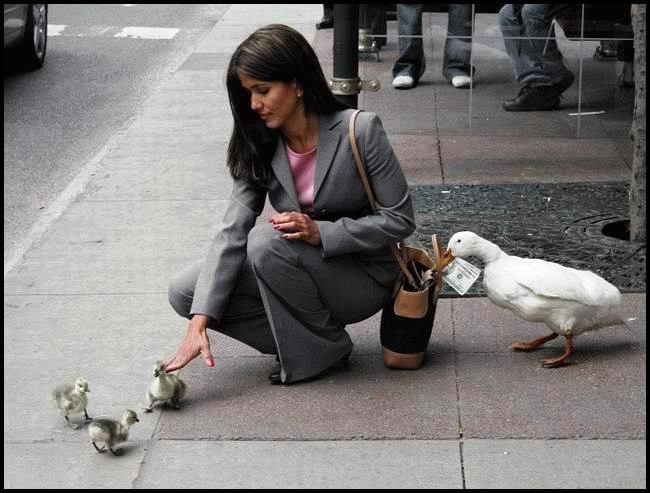Greenspan Says U.S. Faces ‘Typical Pause’ in Recovery (Update2)
By Simon Kennedy and Caroline Salas
July 1 (Bloomberg) -- Former Federal Reserve Chairman Alan Greenspan said the U.S. economic recovery is undergoing a “typical pause” that will be shaped by the performance of stock markets.
“While ordinarily we’re seeing the stock market driven by economic events, I think it’s more the reverse,” Greenspan said in an interview today on CNBC. “What we do know is stock prices are a leading indicator.”
Investors are questioning the strength of the global economic recovery with bond returns exceeding stock gains by the widest margin in nine years. U.S. data this week showed confidence among consumers sank more than forecast in June as they became distressed over the outlook for jobs and incomes.
“People don’t want to hire because they’re concerned they may have to let them go,” Greenspan said, calling it a “short- term fear factor.” Joblessness also won’t decline “until you get output-per-hours slowing down,” he said.
A Labor Department report tomorrow may show the jobless rate rose to 9.8 percent last month from 9.7 percent in May, according to the median estimate of economists surveyed by Bloomberg. Unemployment reached a 26-year high of 10.1 percent in October.
Unlike in typical recoveries, small businesses are not proving an engine for growth, leaving the U.S. economy reliant on banks and wealthy individuals to drive the recovery, Greenspan said. He advised against raising the capital gains tax in the U.S.
Recovery Pace
While Greenspan didn’t specify what he meant by a “typical pause,” the U.S. economy expanded at an average pace of 2.5 percent in the three quarters after the 2001 recession, before slowing to an average of 0.9 percent in the following two quarters. After a recession ended in 1991, quarterly growth averaged 4.3 percent in 1992 before slumping to an average of 1.8 percent in the first nine months of 1993.
The collapse of Lehman Brothers Holdings Inc. and Bear Stearns Cos. in 2008 showed that banks need to hold more capital, according to Greenspan.
“We undercapitalized the system,” Greenspan said. “That there would be a lot of increased regulation is something which, from my point of view, is probably appropriate.”
Greenspan called the sovereign debt crisis in Europe “pretty bad” and said “competitive imbalances” may change the makeup of the euro zone.
“I don’t know where the end game is but something has got to give here,” he said. “One possibility is there are fewer members of the monetary union.”

